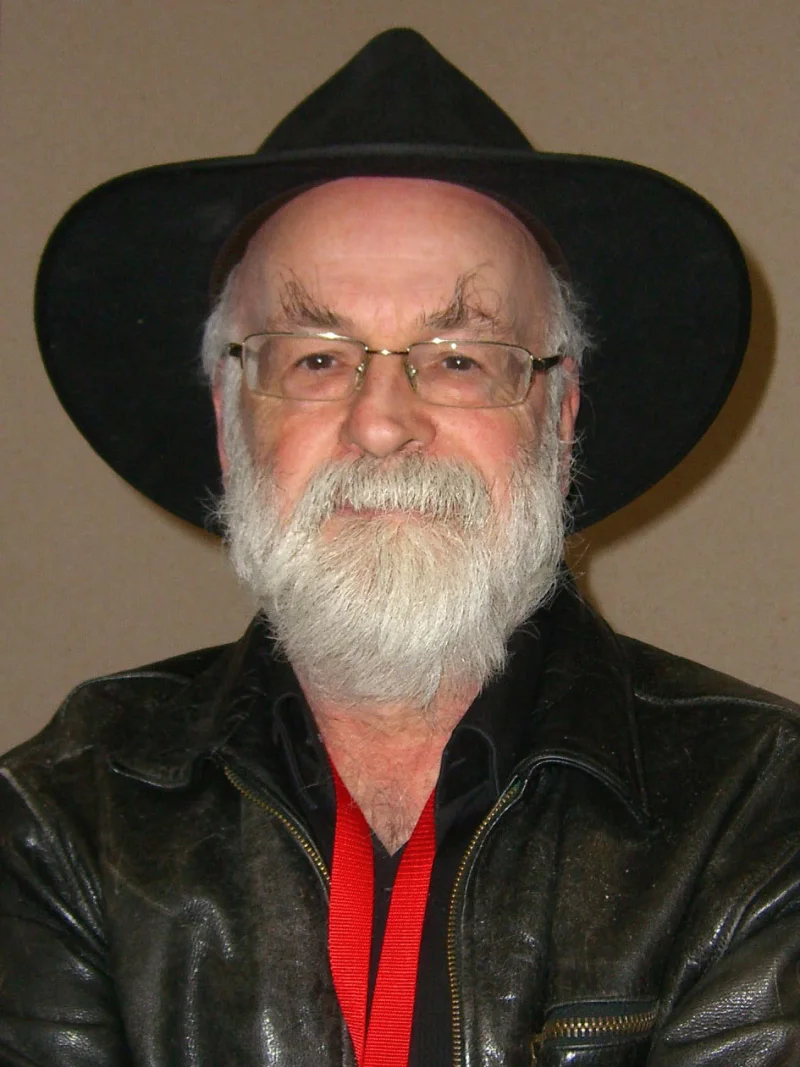Short Summary
Bertrand Russell was a renowned British philosopher, logician, mathematician, historian, and social critic, celebrated for his immense contributions to analytic philosophy and his advocacy for social reform. His work in logic and philosophy, notably with Alfred North Whitehead, laid the groundwork for much of modern analytical thought. Russell was also a prominent public intellectual, known for his outspoken views on pacifism, education, and nuclear disarmament, earning him both acclaim and controversy. He was awarded the Nobel Prize in Literature in 1950 for his varied and significant writings advocating humanitarian ideals and freedom of thought.
Early Life & Education
Russell was born on May 18, 1872, into the British aristocracy, at Trellech, Monmouthshire, Wales. Orphaned at a young age, he was raised by his grandparents, who provided a strict Victorian upbringing. His early education was largely influenced by private tutors, cultivating his interest in mathematics and philosophy. He later attended Trinity College, Cambridge, where he excelled in mathematics and philosophy, achieving first-class honors. The intellectual environment at Cambridge played a crucial role in shaping his philosophical pursuits, with figures like Alfred North Whitehead and G.E. Moore becoming significant influences in his academic life.
Career Highlights
Russell’s career was marked by prolific academic and public engagement. His collaboration with Alfred North Whitehead resulted in the seminal work "Principia Mathematica," which sought to ground mathematics in logic. He held various teaching and lecturing positions, including at the University of Cambridge and the University of Chicago. During World War I, his pacifist stance led to his imprisonment. Post-war, he continued his academic work while writing extensively on social and political issues. His later years saw an increased focus on activism, particularly against nuclear weapons, championing peace and rational thought.
Major Achievements
- Co-authored "Principia Mathematica," a foundational text in mathematical logic.
- Awarded the Nobel Prize in Literature in 1950 for his humanitarian writings.
- Authored numerous influential books, including "A History of Western Philosophy" and "The Problems of Philosophy."
- Played a significant role in the development of analytic philosophy and logic.
- Active in social reform movements, notably advocating for nuclear disarmament and peace.
Famous Quotes
- "The good life is one inspired by love and guided by knowledge."
- "War does not determine who is right – only who is left."
- "To be without some of the things you want is an indispensable part of happiness."
Interesting Facts
- Russell was imprisoned during World War I for his pacifist activities.
- He was a co-founder of the Campaign for Nuclear Disarmament in the UK.
- Russell lived to the age of 97, passing away in 1970, maintaining intellectual vigor throughout his life.
Legacy / Influence
Russell's work fundamentally shaped modern philosophy and logic, influencing both academic and public discourse. His advocacy for rationalism, social justice, and peace left a lasting mark on 20th-century thought. As a public intellectual, his writings and activism inspired generations to question authority, embrace humanitarian values, and strive for a more rational and peaceful world.
FAQ
Q: Why is Bertrand Russell famous?
A: He is renowned for his contributions to philosophy, logic, and his advocacy for social reform.
Q: What is "Principia Mathematica"?
A: It is a three-volume work on the foundations of mathematics, co-authored by Russell and Whitehead.
Q: Did he receive any notable awards?
A: Yes, he was awarded the Nobel Prize in Literature in 1950.










